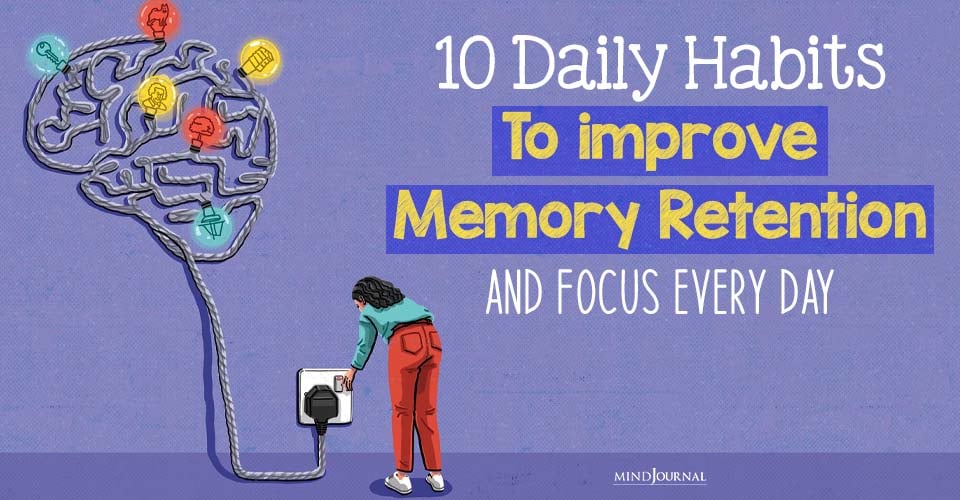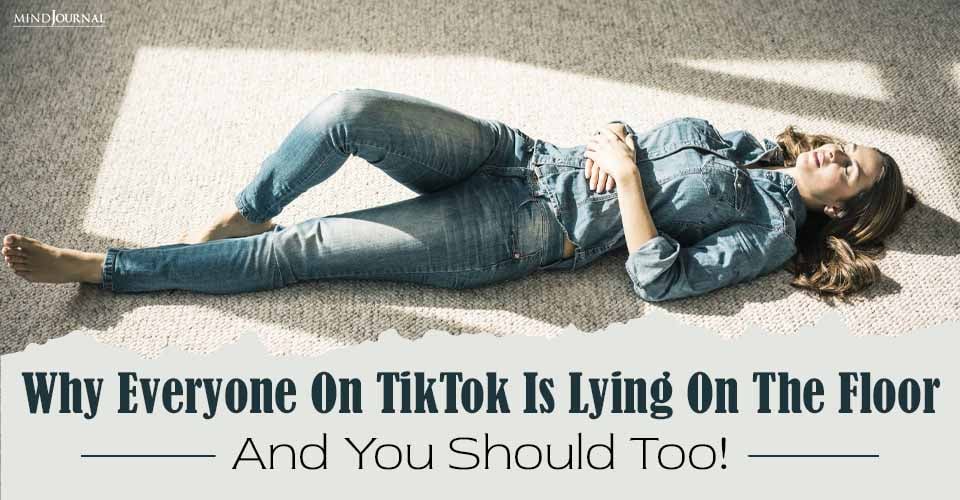Think weight and health go hand-in-hand? Not so fast! There’s a lot more to the story, and some of what you’ve heard might be way off track. This article is going to explore what people get wrong about weight and health, and how to change this mindset.
It is possible to be healthy no matter your size.
That pain in your knee that just won’t go away. The wince you feel every time you bend down to pet your dog. The grinding feeling in your joints during long walks.
You know you need to see a doctor. But every time you think about setting up an appointment, images from previous visits flash through your head: the way your heart raced as you stepped on the scale.
The flush in your cheeks as you saw the number. The embarrassment you felt when the doctor glossed over your symptoms and told you that you just needed to lose weight.
Come back in six months.
You don’t want to go through that again.
Related: Why Body Image Has Nothing To Do With How Your Body Looks
So, knee still throbbing, you set down the phone before you dial. Another week, month or even year goes by without you getting the attention you need.
This situation is way too common.
Our society has always equated the number on the scale with the quality of one’s overall health. But we’re finally starting to realize that assumption may be wrong.
“The only way to solve the weight problem is to stop making weight a problem — to stop judging ourselves and others by our size. Weight is not an effective measure of attractiveness, moral character or health.” — Linda Bacon, author of Health At Every Size: The Surprising Truth About Your Weight
The mindset shift we need
You’ve been told your entire life by the media, doctors, teachers and maybe even family members that extra pounds equal extra health problems. You’ve come to accept that connection as gospel.
Many of my clients regurgitate this assumption when they come to me. They’ll tell me they need my help because they’re “unhealthy.”
But then I’ll ask one crucial question: “How do you know?”
Did someone tell you your blood pressure is high? Your vitamin D is low? Has there been a concerning lab result? If the answer is “yes” to any of these, that’s one thing.
But if someone gestures towards their body and says some version of, “Just look at me, of course I‘m unhealthy” — then that’s a different story.
“I can’t tell if someone is healthy or not just by looking at them,” I’ll say.
The look of shock in people’s eyes when they hear this means our society has a lot of work to do to unlearn traditional beliefs about weight and health.

Your weight does not have to equal your health
Change is starting to arrive, even if it’s slow. Many physicians and scientists have started using a Health At Every Size (HAES) approach. In essence, this is what it sounds like.
It is possible to be healthy no matter your size.
In one study, “chronic dieters” who took a HAES approach “maintained weight and improved metabolic fitness (e.g., blood pressure and lipids), energy expenditure, eating behavior and psychology (e.g., self-esteem, depression and body image).”
Read that first part again: participants maintained weight. They experienced several health benefits, both physical and mental. But they didn’t actually lose weight.
Plus, those who participated in HAES interventions (size acceptance, intuitive eating) were more likely to sustain healthy habits long-term. The attrition rate for the traditional dieters was 41%, compared to 8% for the other group.
In a group of six other clinical trials, a HAES approach was connected to “statistically and clinically relevant improvements in physiological measures (e.g., blood pressure, blood lipids), health behaviors (e.g., physical activity, eating disorder pathology) and psychosocial outcomes (e.g., mood, self-esteem, body image).
There has also been recent research about the limitations of the Body Mass Index. Many agree this number can be misleading and doesn’t take into account muscle mass, different body types, or gender and ethnic differences.
Related: How To Not Hate Your Body: 4 Ideas That Work
Overcoming entrenched beliefs — and fear
It’s natural to feel a little nervous or scared to go to a new social setting or to a doctor’s office. This is especially true if you’ve experienced comments or judgments about your weight in those places before.
But the more you can break that string in your brain tying weight and health together, the more you can appreciate your body for what it is: powerful. Loved. Capable. Safe. Potentially healthy — at any size.
“As a child, I never heard one woman say to me, ‘I love my body.’ Not my mother, my elder sister, my best friend. No one woman has ever said, ‘I am so proud of my body.’ So I make sure to say it to my daughter because a positive physical outlook has to start at an early age.” — Kate Winslet
Even if you haven’t worked your way up to fully loving your body, that’s okay. It can help to practice “body neutrality” — in other words, not assigning “good” or “bad” to certain body sizes or shapes.
- Dress in clothes you feel comfortable in.
- Refrain from complimenting someone who appears to have lost weight.
- Eat foods you enjoy and listen to your body for what nutrients it’s craving.
- Focus on your body as a whole body, without fixating on a certain body part you don’t feel good about.
There’s no black or white answer. It’s possible to be in a larger body and be extremely healthy, to be in an underweight body and be extremely unhealthy, or vice versa.
But what’s important is that you get the correct tests, markers and symptom evaluations to diagnose any health issues — and not let the number on the scale tell you how you feel.
Want to know more about weight and health? Check this video out below!
DISCLAIMER: this post is for informational purposes only and may not be the best fit for you and your personal situation. It shall not be construed as medical advice. The information and education provided here is not intended or implied to supplement or replace professional medical treatment, advice, and/or diagnosis. Always check with your own physician or medical professional before trying or implementing any information read here.
Resources:
Bacon, L., Stern, J. S., Loan, M. D. V., & Keim, N. L. (2005). Size acceptance and intuitive eating improve health for obese, female chronic dieters. Journal of the American Dietetic Association, 105(6), 929–936. https://doi.org/10.1016/j.jada.2005.03.011
Bacon, L., & Aphramor, L. (2011). Weight science: Evaluating the evidence for a paradigm shift. Nutrition Journal, 10(1). https://doi.org/10.1186/1475-2891-10-9
LaMotte, S. (2023, May 22). The good, bad and ugly about BMI. CNN. https://edition.cnn.com/2023/05/22/health/what-is-bmi-wellness/index.html
Written By Gia Marson
Originally Appeared On Dr. Gia Marson










Leave a Reply